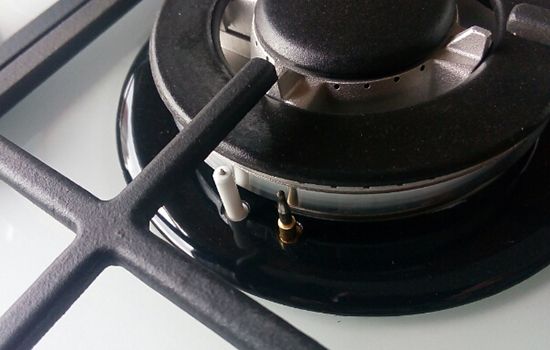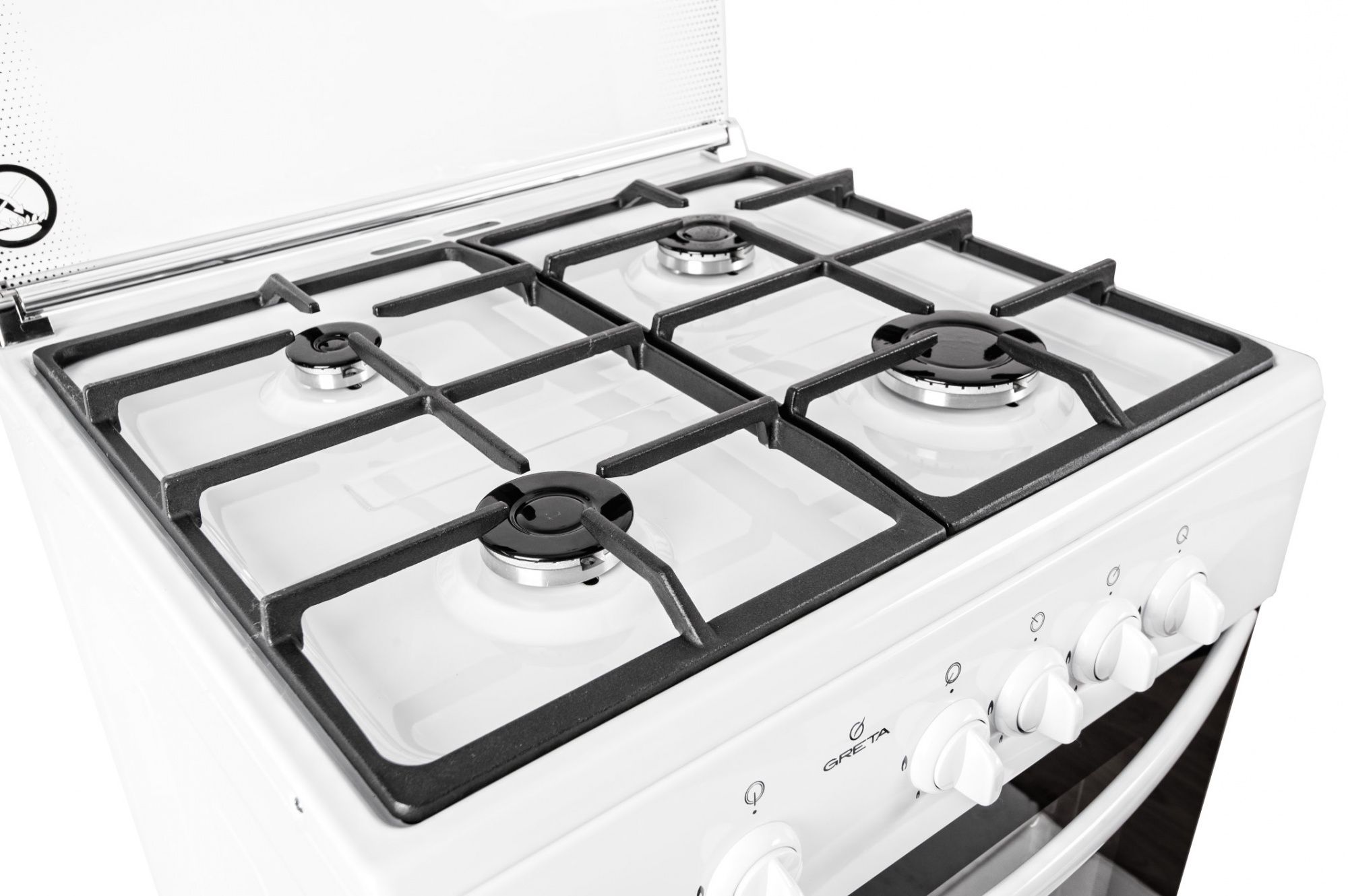Gas stove service life
A stove is an indispensable appliance that is found in every home. Among them, gas ones are popular. Along with electric ones, their advantages are low cost of operation (gas has less impact on the budget when paying for utilities than electricity) and speed of cooking. But the use of gas, a highly flammable material, entails danger. An irresponsible approach to operation can lead to serious consequences.
The content of the article
How long can a gas stove last?
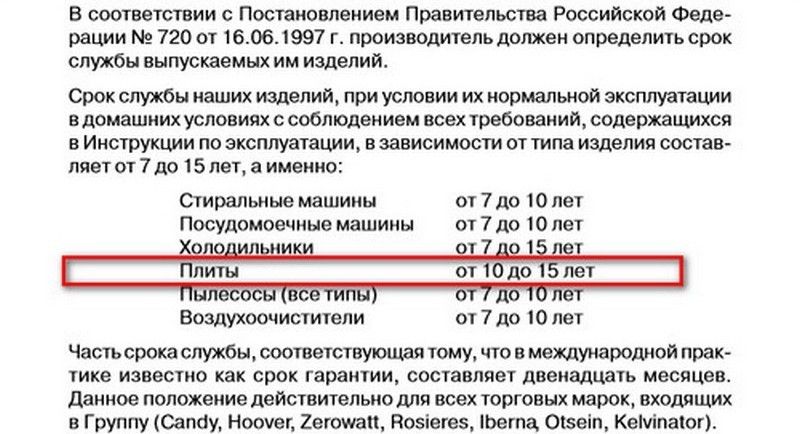 Like most household appliances, the service life of gas stoves is influenced by Government Decree No. 720. According to it, they are classified as devices that pose a danger after their expiration date. According to this decree, for such equipment, as well as its components, the manufacturer is obliged to indicate the service life. During this period, he must maintain the equipment free of charge, produce spare parts for it, and bear responsibility if damage to property or a person is caused due to defects.
Like most household appliances, the service life of gas stoves is influenced by Government Decree No. 720. According to it, they are classified as devices that pose a danger after their expiration date. According to this decree, for such equipment, as well as its components, the manufacturer is obliged to indicate the service life. During this period, he must maintain the equipment free of charge, produce spare parts for it, and bear responsibility if damage to property or a person is caused due to defects.
Important: you should not take risks and use a gas stove if you notice some kind of malfunction in it. It’s better to call the specialist right away. This device cannot be repaired independently.
On average, for gas stoves, manufacturers set a safe operation period of 10-15 years.Most focus on a lower number. If the documentation does not contain information about the duration of service, 10 years is used as it.
Service life according to GOST
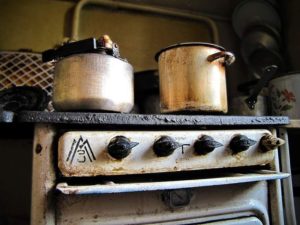 During Soviet times, the average operating time of gas stoves was limited to four years. Now, with the adoption of GOST R 50696-94, it has increased to 14 years. However, it is not necessary to throw away the stove after it expires. If it still functions perfectly, you can call a technician for diagnostics: he will either approve further operation or advise replacing the device. When confirming the suitability of the device for operation, it is necessary to update its status annually, also by calling a specialist.
During Soviet times, the average operating time of gas stoves was limited to four years. Now, with the adoption of GOST R 50696-94, it has increased to 14 years. However, it is not necessary to throw away the stove after it expires. If it still functions perfectly, you can call a technician for diagnostics: he will either approve further operation or advise replacing the device. When confirming the suitability of the device for operation, it is necessary to update its status annually, also by calling a specialist.
The document was subsequently revised. GOST R 50696-2006 introduced such a parameter as maximum service life. For gas stoves it was 20 years. After this time, the stove must be replaced, even if it has not been used at all. Otherwise, your gas supply may simply be cut off to avoid creating dangerous situations.
How long can it actually last?
Nevertheless, despite the legislation, for some the stove has been working properly for only ten years, while for others its service can last up to forty. The stove becomes completely unusable in the following cases:
- when holes appear in the oven (this is called burnout);
- when switching, the switching quantity for each tap is 11,000.
Important: using the stove after the recommended expiration date and ignoring maintenance carries the risk of dangerous situations for both the user and residents of nearby apartments.
What prolongs the service life, what, on the contrary, reduces
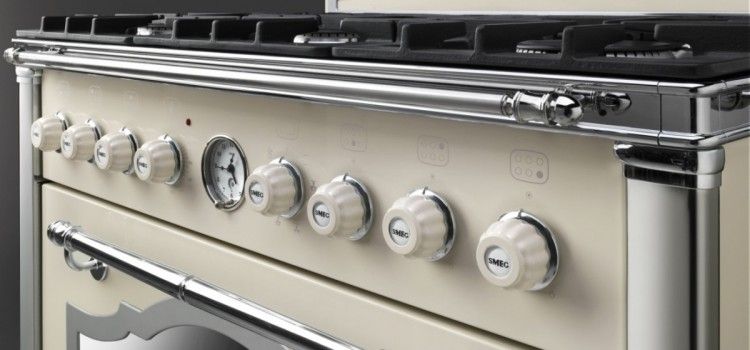 Regular maintenance allows you to increase, or rather not reduce, the service life of the stove. It usually includes the following actions:
Regular maintenance allows you to increase, or rather not reduce, the service life of the stove. It usually includes the following actions:
- visual inspection for faults;
- replacing damaged burners;
- reinstallation of the gas hose (usually it is suitable for use for 30 years, but with aggressive use it can become unusable much earlier);
- lubrication of taps;
- adjusting the oven door (its incomplete closing will lead to additional costs);
- diagnostics of the performance of the protection system.
Negligence on the part of the user significantly reduces the service life of a gas stove. Rough handling of equipment, as well as its untimely repair, may cause the need to replace the device before the end of its shelf life. In this case, the manufacturer will not owe you anything: he is obliged to repair at his own expense only those equipment whose operation was found to have a manufacturing defect.
If in Soviet times the condition of gas household equipment was monitored by a special organization that regularly carried out diagnostics in all apartments, now all responsibility falls on the user. He must monitor changes in the operation of the stove in order to identify malfunctions, and if they are detected, he must call a technician.




